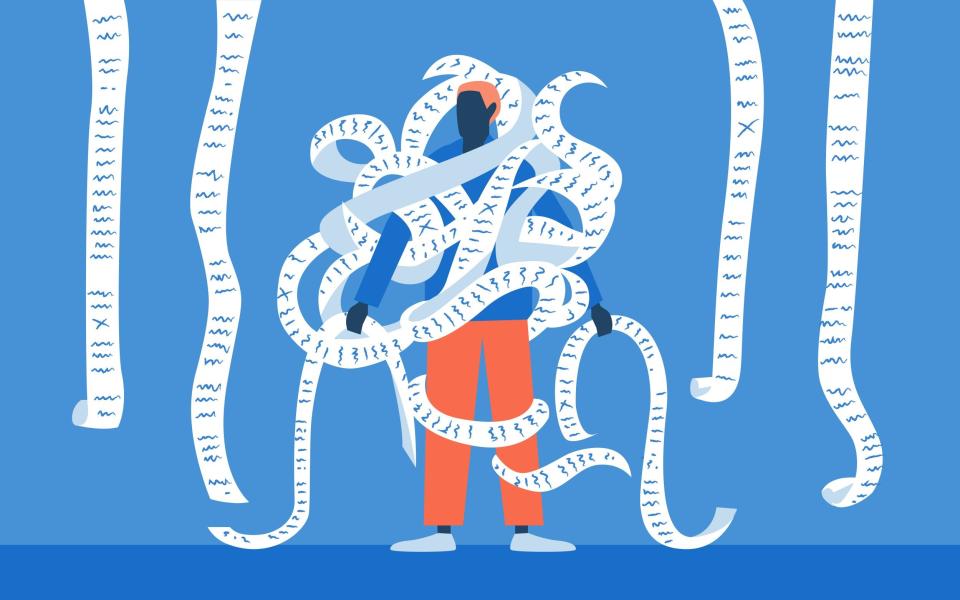How earning £1 extra could cost you £14,000

Workers could be forced to turn down pay rises or risk losing thousands of pounds due to "ridiculous complexities” in Britain’s tax and benefits system.
In the worst case scenario a worker could lose £14,000 by earning as little as £1 more this year, as they are stripped of valuable tax breaks and childcare allowances.
Analysis by stockbroker AJ Bell for The Telegraph showed a worker with three young children on the verge of earning more than £100,000 a year would be better off turning down a small pay rise. These taxpayers would lose thousands of pounds per child once their salary rises over £100,000, it said.
When the parent earns more than £100,000 they lose their entitlement to £2,000 of tax-free childcare for each of the three children – a total of £6,000. The Government’s 30 hours of free term time childcare a week is also reduced to 15 hours, costing a further £7,952, AJ Bell estimated, as parents would also have to pay for additional childcare. This alone would cost a taxpayer £13,952.
Its analysis was based on the hourly childcare rate for outer London, according to the Coram Childcare report.
As well as losing childcare allowances, all workers would see their £12,570 tax-free personal allowance tapered away at a rate of £1 for every £2 earned between £100,000 and £125,140.
As a result a worker on just under £100,000 who receives a £1,000 pay rise will lose £400 to income tax but will also see £500 deducted from their personal allowance, which would be taxed at 40pc. This would mean they lose £600 of the pay rise – an effective income tax rate of 60pc, on top of the childcare loss. In addition, workers would also be hit with further National Insurance at 2pc and potentially student loan repayments at 9pc.
Laura Suter of AJ Bell said the research had exposed “brutal flaws” and "ridiculous complexities” in the country’s tax system. She said: “The tragic thing is that many parents won’t be aware that they have fallen foul of the rules until the taxman comes knocking, landing them with a tax bill for thousands.”
The £100,000 rule for tax-free childcare applies regardless of the salary of the lower-earning spouse. So two parents both earning £99,999 would be entitled to £2,000 in free childcare but a family where one parent earns £100,001 and the other earns nothing would not.
The cost of breaching this cap can be devastating for families. The UK has the most expensive childcare in the developed world, according to the Organisation for Economic Co-operation and Development (OECD).
Ms Suter said workers who could be impacted by high marginal tax rates should consider making larger pension contributions to avoid crossing the £100,000 threshold.
She said: “If you think you’re going to tip over the £100,000 mark you can put a bit more in your pension so that you don’t lose your entitlement to tax-free childcare or the free childcare hours. People who are self-employed through their own business may want to consider whether they pay themselves a lower salary so they stay under the threshold, if that’s financially practical.”

 Yahoo Finance
Yahoo Finance 